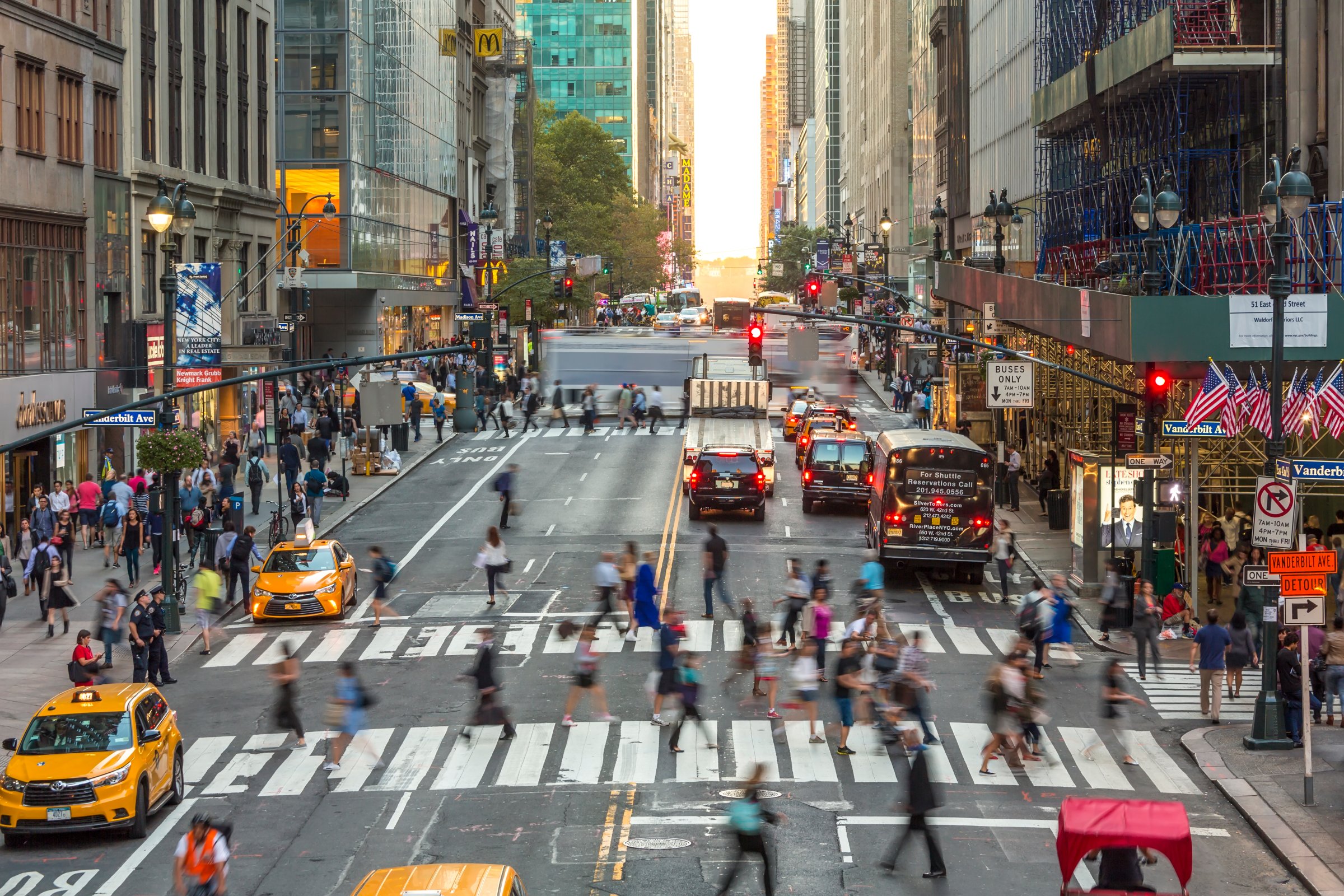
Simple though it may be, walking is one of the best things you can do for your body. Research has shown that it can extend your life and improve your heart health, along with a host of other health metrics.
A new study published in the Lancet, however, suggests that where you walk matters. Strolling along heavily polluted streets, researchers found, may actually cancel out many of the benefits associated with walking.
A team of researchers recruited 119 people over age 60. Of these, 40 were healthy; 40 had chronic obstructive pulmonary disease (COPD), an inflammatory lung disease; and 39 had ischemic heart disease, which is caused by a narrowing of the arteries.
Some of the people were instructed to walk for two hours per day along London’s Oxford Street, a downtown thoroughfare heavily trafficked by buses and cars, while the others spent the same amount of time walking through a quiet part of the city’s Hyde Park. Three to eight weeks later, the groups swapped routes. After each outing, researchers measured pollutant concentrations in each environment, along with a number of health markers in the participants, including lung capacity, breathlessness, wheezing, coughing and arterial stiffness, which is related to high blood pressure.
After walking through Hyde Park, the healthy people saw big improvements in their lung capacity and arterial stiffness. But after walking along Oxford Street—and breathing in a number of airborne pollutants—people saw only modest improvements in lung capacity and a worsening of arterial stiffness, suggesting that the air quality nullified many of walking’s health benefits, according to the paper.
MORE: Here’s How Many People Die from Pollution Around the World
People with COPD and those with heart disease both experienced negligible improvements in lung capacity after walking in either location. However, people with COPD showed more respiratory issues—including coughing, wheezing and shortness of breath—after walking along Oxford Street, as well more arterial stiffness. People with heart disease also saw more severe arterial stiffness after walking through the urban environment, unless they were taking cardiovascular drugs, which appear to offer some protective benefits.
“You should avoid polluted areas for doing any form of exercise, specifically walking,” explains lead researcher Kian Fan Chung, a professor of respiratory medicine at Imperial College London’s National Heart and Lung Institute. “In London, we have a lot of open spaces, green space, where the amount of pollution is going to be less than what it is outside the park. If that’s not available, people should probably exercise indoors.”
Without a sedentary control group, the researchers note, it’s not possible to say that walking was directly responsible for the physical changes observed in the study. But the results suggest that where you exercise matters, perhaps as much as the activity itself.
More Must-Reads from TIME
- Cybersecurity Experts Are Sounding the Alarm on DOGE
- Meet the 2025 Women of the Year
- The Harsh Truth About Disability Inclusion
- Why Do More Young Adults Have Cancer?
- Colman Domingo Leads With Radical Love
- How to Get Better at Doing Things Alone
- Michelle Zauner Stares Down the Darkness
Write to Jamie Ducharme at jamie.ducharme@time.com